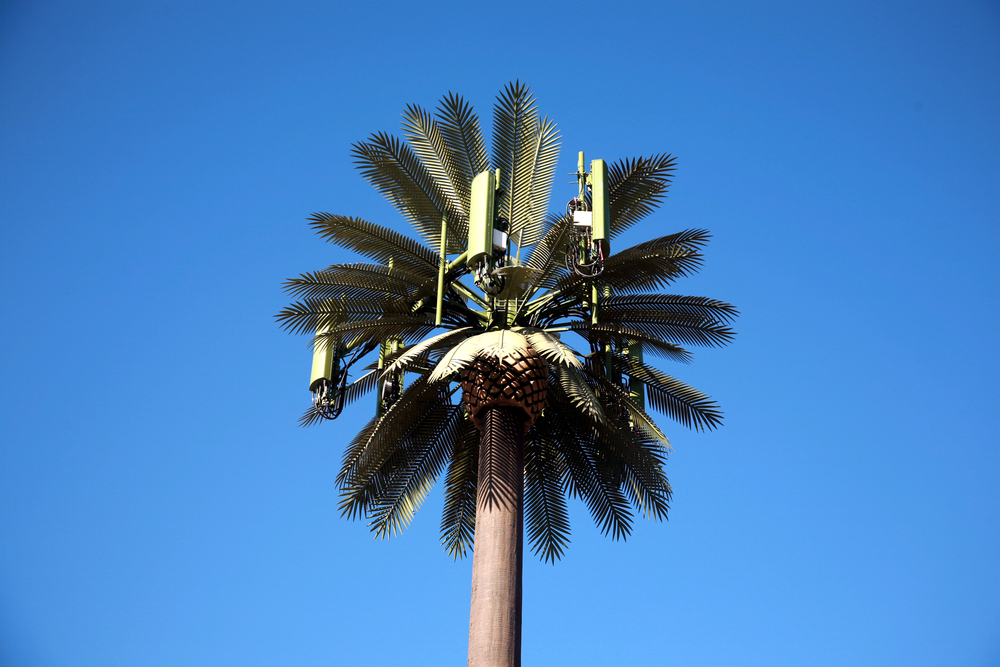
Mystery fake cellphone towers discovered across America
Fake mobile phone 'towers' dotted across the US could be listening in on unsuspecting smartphone users according to recent reports. And -- tin foil hats on, everyone -- nobody knows who's behind them.
Security company ESD America discovered 17 of the fakes called 'interceptors' whilst testing its secure Android phone. The towers can attack devices via the baseband chips that allow them to communicate with their networks and can, says ESD, eavesdrop or even install spyware.
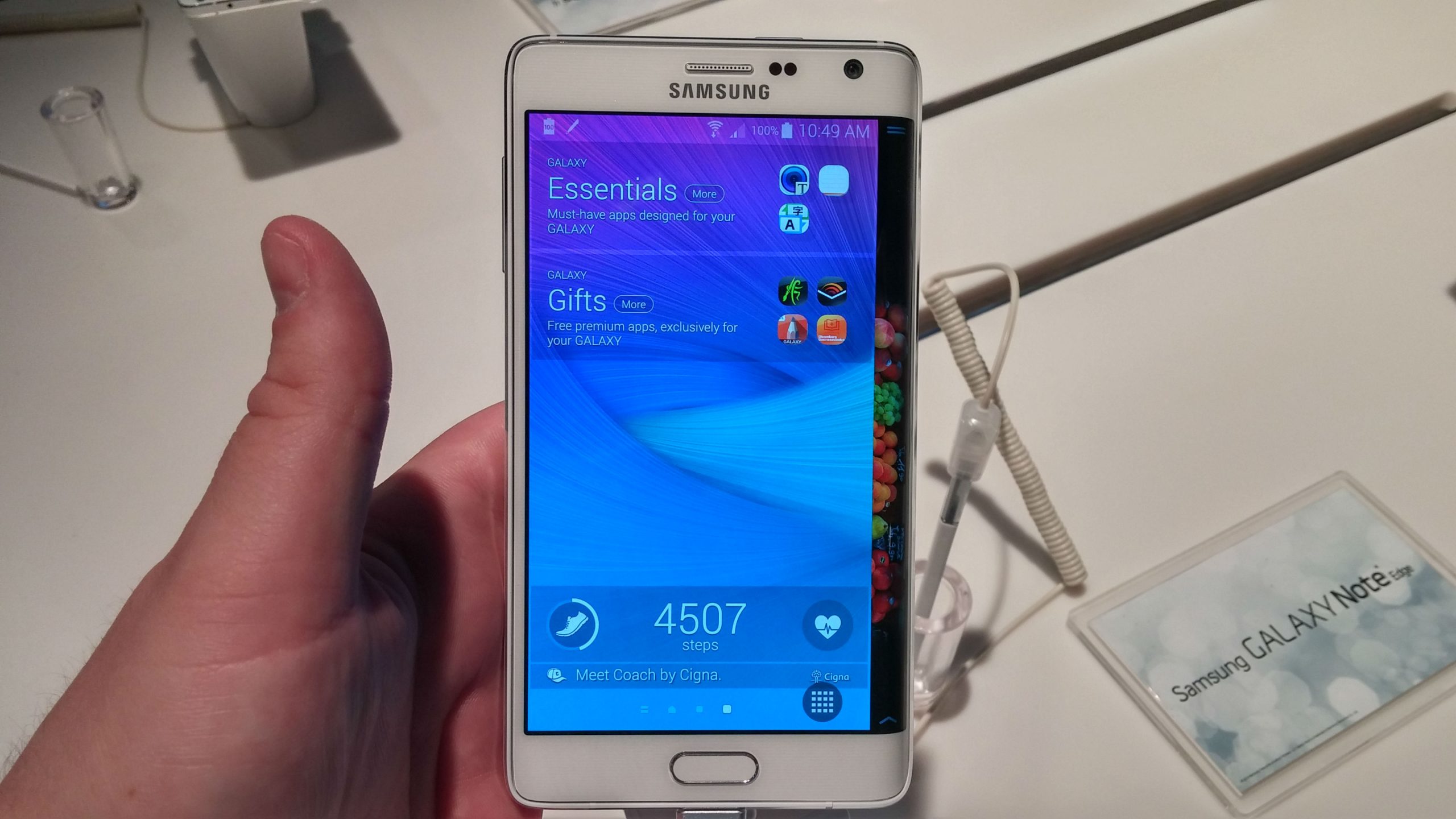
Hands-on and first impressions of the Galaxy Note 4, Edge and Gear VR
Today, Samsung was expected to reveal the Galaxy Note 4, which it did; however, it was not done there. No, the company shocked the tech community with two other products, the Galaxy Note Edge and Galaxy Gear VR. The Edge is similar to the Note 4, but offers a screen that wraps around the edge of the device (hence, the name) to offer a unique second-screen-like experience.
While the Galaxy Edge (and Adam Levine) is what made the journalists in attendance gasp, the Galaxy VR was accepted mildly. This is not entirely surprising, as it is arguably nothing more than Google Cardboard, but in a more high-end chassis. You see, the VR simply holds the Galaxy Note 4 in front of your face and positions lenses in front of your eyes. Cardboard knock-off or not, it was an intriguing product that had me smiling like a child on Christmas morning.
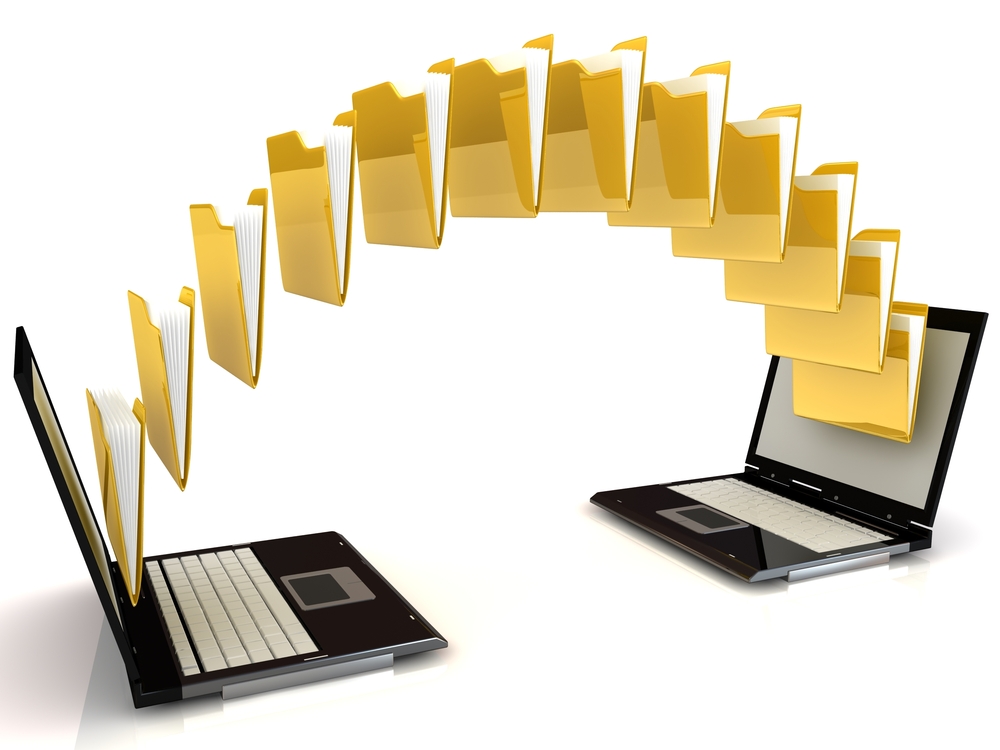
Employees opt to stick with consumer file sharing tools at work
Most of us prefer to stay with familiar consumer file syncing and sharing tools at work rather than use the alternatives provided by the IT department.
This is the finding of new research by global analyst company Ovum. The survey of 5,187 full-time employees shows that 89 percent are using consumer products and only nine percent are happy with the commercial tools on offer from their companies.
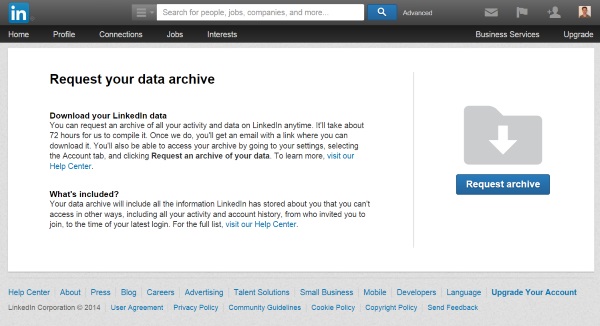
LinkedIn introduces data export option and new security features
LinkedIn, the social network for professionals looking to stay connected, today introduces a few new features to give users greater control over their accounts. Like Google, Facebook, Yahoo and other online services, it is now possible to check which devices you are signed in on. This is not just something that satisfies a curiosity; the ability to terminate unrecognized sessions means that should you spot that you’re still signed in on a computer you're not using, you can remotely sign out of it -- more importantly, it also makes it possible to boot out anyone who has gained unauthorized access to your account.
You can head to the Settings page of your account and click the See where you are logged in link -- alternatively, you can jump straight to the session management page. The page shows a list of all of the sessions that are currently active and provides details such as the associated IP address, the browser that's in use, and the approximate location of the session. Spot something that you don’t recognize or looks a little untoward? Just hit the Sign out link. You can also sign out of all sessions in one fell swoop if you prefer.
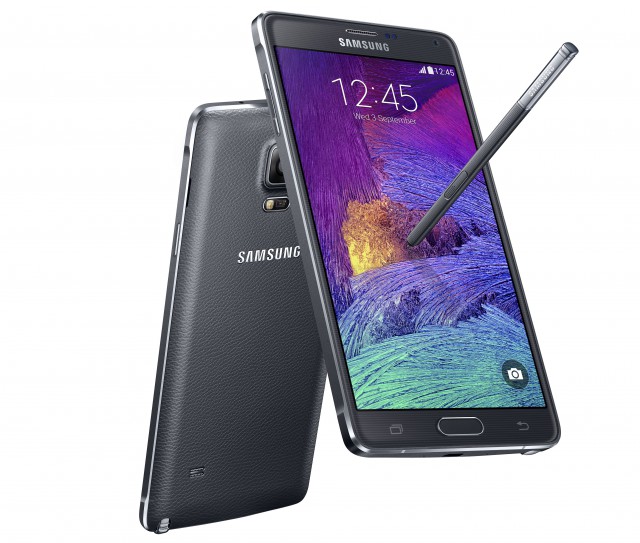
Meet Samsung Galaxy Note 4 and Note Edge
Samsung is single-handedly responsible for creating the phablet category three years ago with the original Galaxy Note. Back then, big smartphones were believed to be nothing more than a niche, with no chance of ever enjoying mainstream approval. At first, I was actually one of the non-believers. But, as every Galaxy Note iteration has proved time and time again, consumers are actually quite fond of the idea of touching a big screen day in and day out.
But, the phablet market has changed dramatically since the original Galaxy Note was released, with more and more Android vendors competing for a slice of the pie. Heck, even Nokia got in on the action, representing Windows Phone, late last year with Lumia 1520 and Lumia 1320. Despite the increased competition, Samsung continues to be viewed as the pack leader, thanks in no small part to the dedicated features its flagship phablets pack. So, what does this year's Galaxy Note has in store?
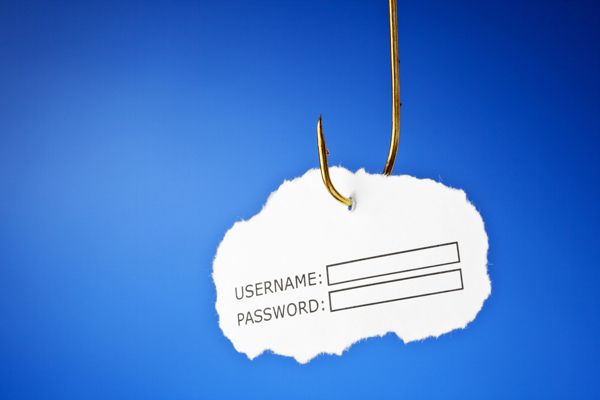
Easy Solutions adopts DMARC to fight phishing attacks
Phishing attacks attempting to steal user credentials have become a common occurrence in recent years and made people wary of trusting anything they receive in email.
Fraud protection specialist Easy Solutions is aiming to help restore that trust by adopting the DMARC (Domain-based Message Authentication, Reporting & Conformance) specification to allow its customers to improve productivity and speed detection of phishing sites.
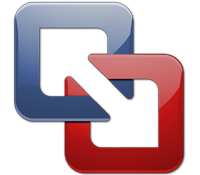
VMWare Fusion 7 promises OS X Yosemite support and optimization, better connectivity with Windows 8.1
VMware has launched VMWare Fusion 7.0, a major new version of its virtualization software for Macs. Version 7 adds support for OS X Yosemite and improves compatibility with Windows 8.1 guests.
The new release also shows off a new look, designed to fit in with Yosemite on its launch, plus promises improved performance, better connectivity with peripherals and Retina display optimizations.
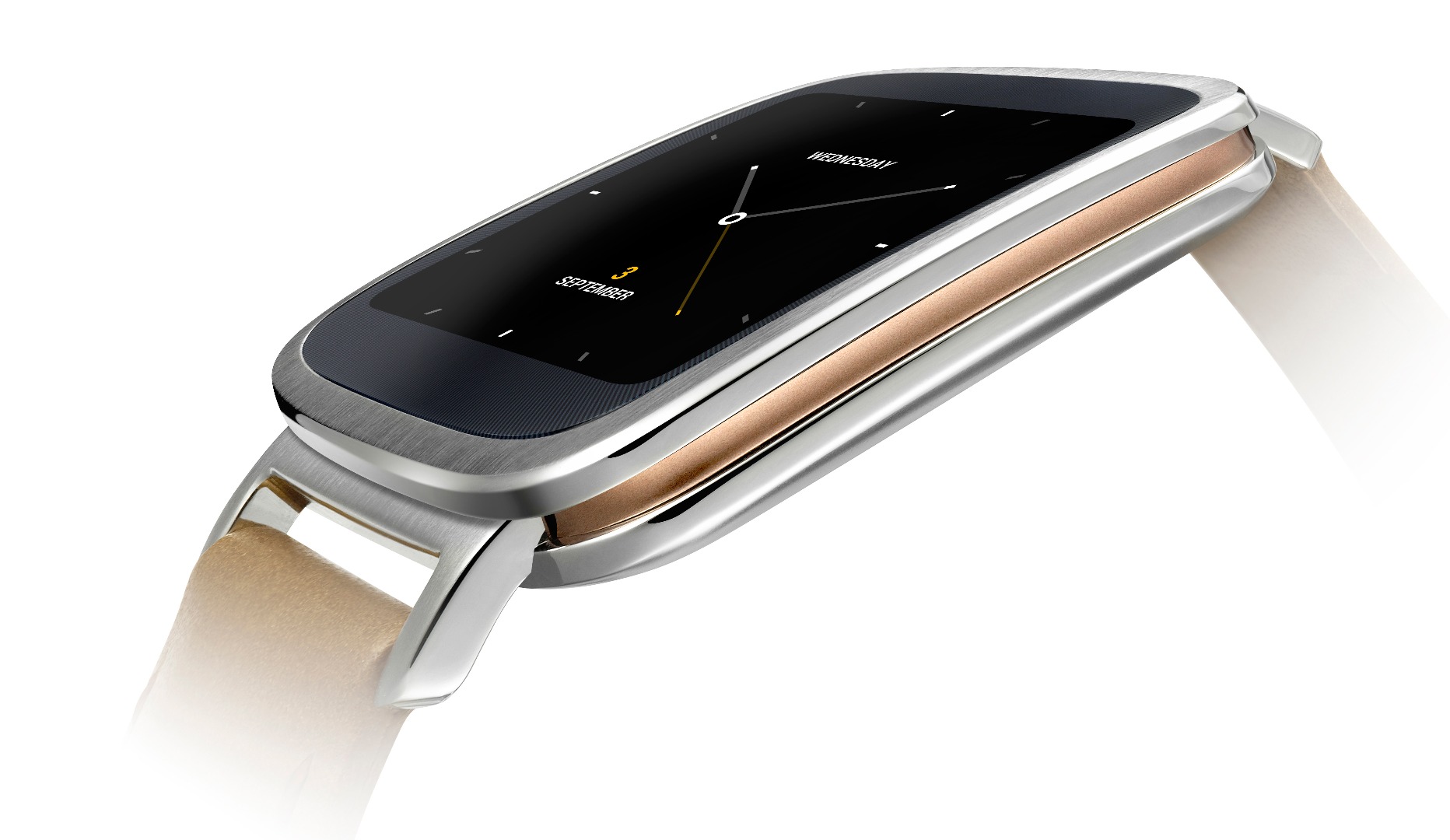
ASUS unveils the Android Wear-powered ZenWatch
It does not matter if smartwatches have yet to catch on with consumers. The big players in the mobile industry are just getting started announcing their efforts. ASUS is the latest to reveal its Android Wear-based device, which it calls ZenWatch.
ZenWatch, which is ASUS's first wearable according to the company, is designed as a companion device to smartphones running Android 4.3 Jelly Bean or newer, meaning that, like other devices in this category, it cannot do much without being paired to one. It runs the ZenUI user interface on top of Android Wear, which offers dedicated apps and a custom, rather elegant, design, among other features.
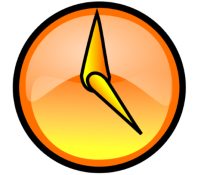
EXIF ReGenerate fixes hundreds of image time stamps with a click
Take a picture with a digital camera and it’ll normally be tagged with the date and time, often useful later when searching or organizing your images.
If the camera clock is wrong, though, all your photos will have the wrong EXIF time stamp, and they’ll stay that way until someone notices.

Watch the Galaxy Note 4 launch here LIVE
Samsung is set to announce the Galaxy Note 4 at its Unpacked 2014 Episode 2 press event today. Mihaita Bamburic has already covered what to expect from the new Android phablet and you can read his predictions here.
The new device will likely be powered by a much faster processor, and offer a higher screen resolution (but ship with the same 5.7-inch display size found on the Galaxy Note 3), and better quality front and rear cameras.
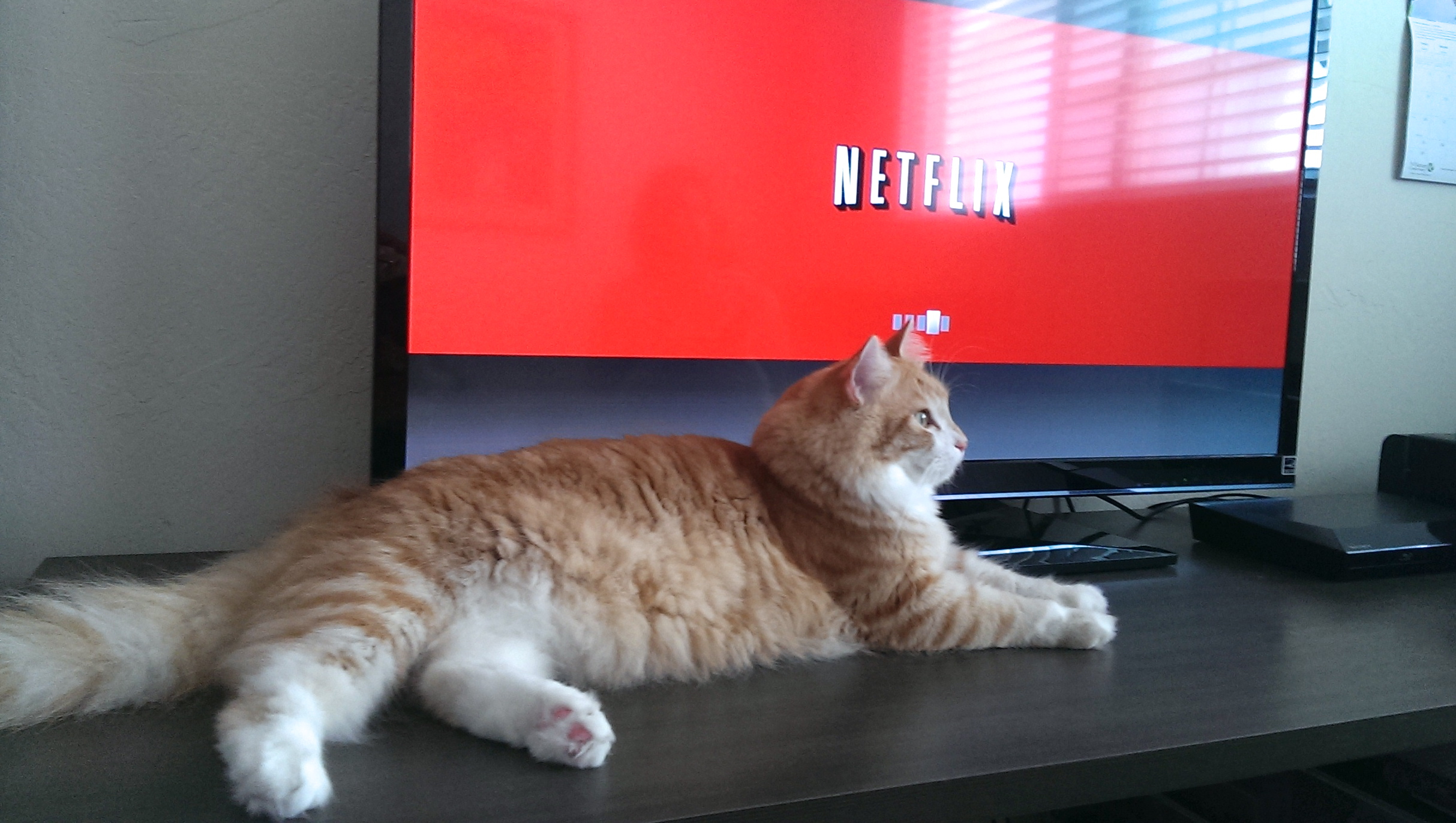
Netflix won't tell your Facebook friends what you're watching
Netflix has bowed to customer pressure and rolled out changes to its recommendation feature that it hopes encourages deeper integration with Facebook accounts.
Users will now be safe to link accounts to Facebook without fear of automatically disclosing every minute of programming they have watched, which is something that has famously discouraged users from linking social media accounts to Netflix ones.
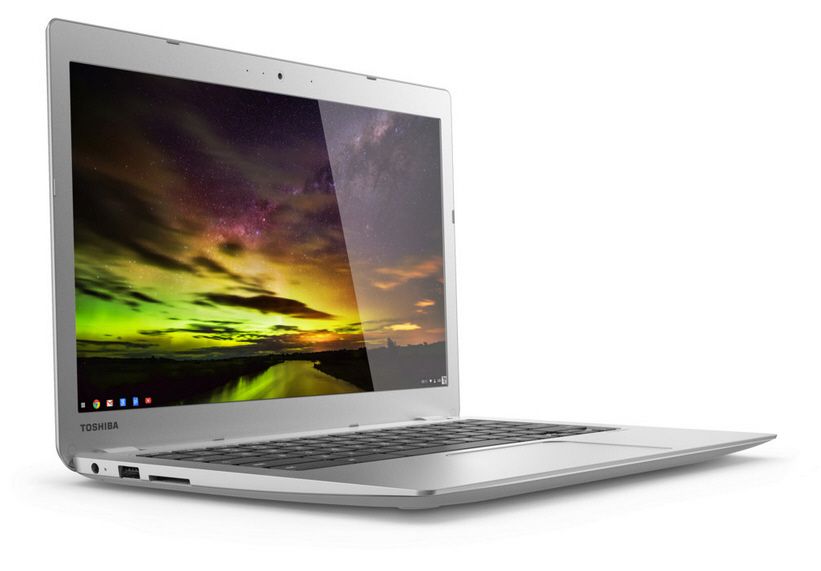
Toshiba's new Chromebook 2 offers a Skullcandy branded audio experience
Toshiba USA has taken the wraps off its second generation Chromebook. Chromebook 2 will sport a 13.3-inch screen in a compact 12-inch chassis and be available in two versions. The entry model boasts a standard HD display, while the premium edition offers Full HD (1920 x 1080) with IPS (In-plane switching) technology.
Both models feature Skullcandy tuned sound systems with "strategically placed" front-facing stereo speakers.
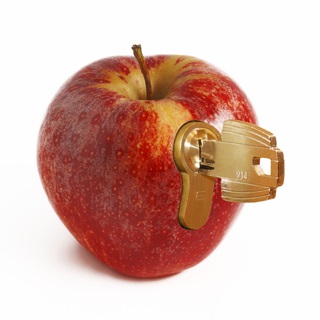
Secure your Apple iCloud account by enabling two-step verification
Unless you've been completely avoiding the news over the past few days, you will have heard about Apple's little problem with nude photos being stolen from celebrity accounts. The company has strongly denied that there has been a security breach, but in a statement it advised its customers to check the strength of their passwords as well as enabling two-step verification.
Two-factor authentication -- also known as two-step verification -- is a stronger method of security because it relies not only on something you know (your password), but also something you have (like your iPhone). Sounds good, but how do you do about doing it for your Apple account?
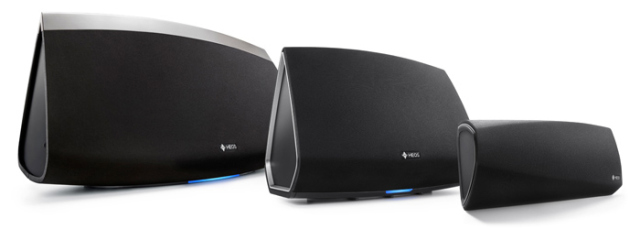
Spotify joins forces with Denon for multi-room audio system
Multi-room audio is a popular addition to homes today, with Sonos becoming a leading name in the space. But it certainly isn't the only player in the game -- Denon, a high-end component maker, also has a solution, and has now teamed with Spotify for additional functionality.
The HEOS system comes in three different models -- the HEOS 3, HEOS 5 and HEOS 7. Each is sized differently and ranges from high-end performance to portable. And now the system has Spotify built-in.

AMI StorTrends 3500i demonstrates class-leading performance
We reported on the launch of AMI's StorTrends 3500i hybrid storage appliance for small and medium businesses back in April.
Now in independent testing by StorageReview Enterprise Lab the 3500i has shown class-leading performance against products from other major storage vendors. The unit achieved the highest transactions per second (TPS) and lowest latency compared to other hybrid products.



